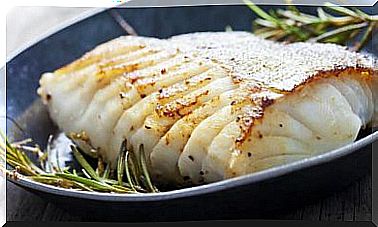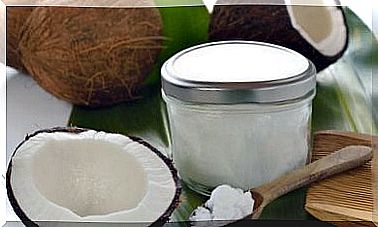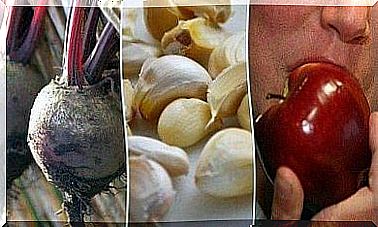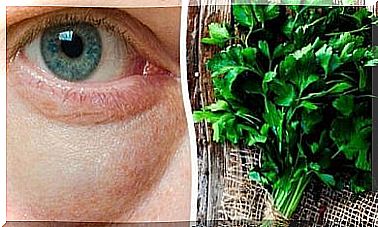Spearmint: A Healthy, Versatile Herb
In the Middle Ages, mint was used for fresh breath and white teeth. Now this plant is very popular worldwide because the active ingredient menthol can be used for various therapeutic treatments as well as a beauty product.
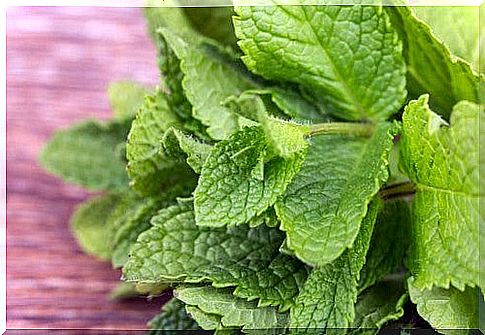
Spearmint is a very healthy, versatile herb that is very popular in naturopathy. It is both relaxing and invigorating. Then learn more about the health benefits of this plant in the labial family.
The Greeks and Romans used this plant as early as the 18th century , but its positive effects on the stomach and intestines were recognized.
In the Middle Ages, mint was used for fresh breath and white teeth. Now this plant is very popular worldwide because the active ingredient menthol can be used for various therapeutic treatments as well as a beauty product .
Spearmint: a versatile herb
1. Digestion
Mint is known to help with stomach and intestinal problems. It has a puffing and antispasmodic effect and is therefore useful for many ailments, such as flatulence, stomach cramps, general digestive problems and nausea.
Studies have shown that mint can also help with irritable bowel syndrome.
In a four-week long study, 75% of the subjects were allegedly able to alleviate symptoms by taking a capsule of mint oil daily.
Mint helps relieve abdominal discomfort as it relaxes the muscles of the digestive system. To achieve this, you can make yourself a mint tea or chew some mint leaves.
However, if you often suffer from digestive problems, you’d better see a doctor!
2. headache
Spearmint can also be used for headaches. It’s a versatile herb that, in this case, works like this:
- On the one hand, you can gently massage mint essential oil into strategic points on the head . This will relax the muscles and reduce headaches caused by tension.
- On the other hand, you can inhale mint and so relieve headaches while relaxing at the same time.
3. Colds and flu
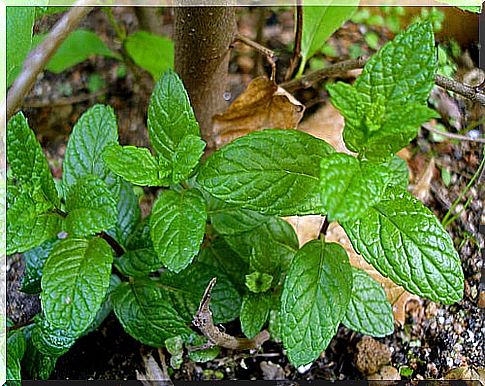
The active ingredient menthol contained in mint helps break down phlegm and thus clears our airways.
Mint also helps with an irritated throat and throat.
To do this, put a few drops of mint essential oil in an inhaler. You can of course also take a conventional facial steam bath with a few drops of mint oil.
4. Skin irritation
Thanks to its cooling effect, mint helps with irritated skin, such as insect bites, burns and irritation caused by nettles.
Remember that like all essential oils, mint oil can irritate the skin, so it should be diluted with another liquid (e.g. almond oil) before topical use.
5. Bad breath
Since mint is also antibacterial and antimicrobial, this plant can fight bad breath.
It can also be used for supplementary dental hygiene as it combats harmful bacteria in the mouth. You can chew mint leaves or use mint mouthwash to do this.

